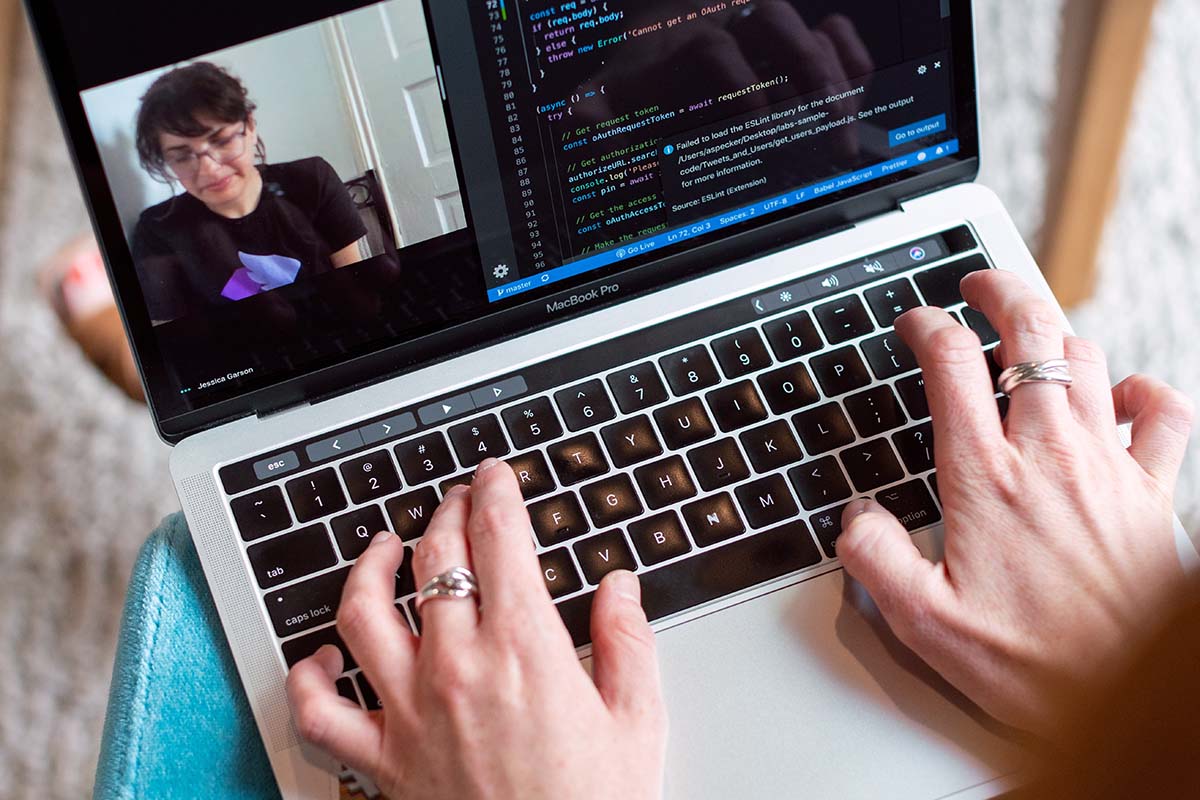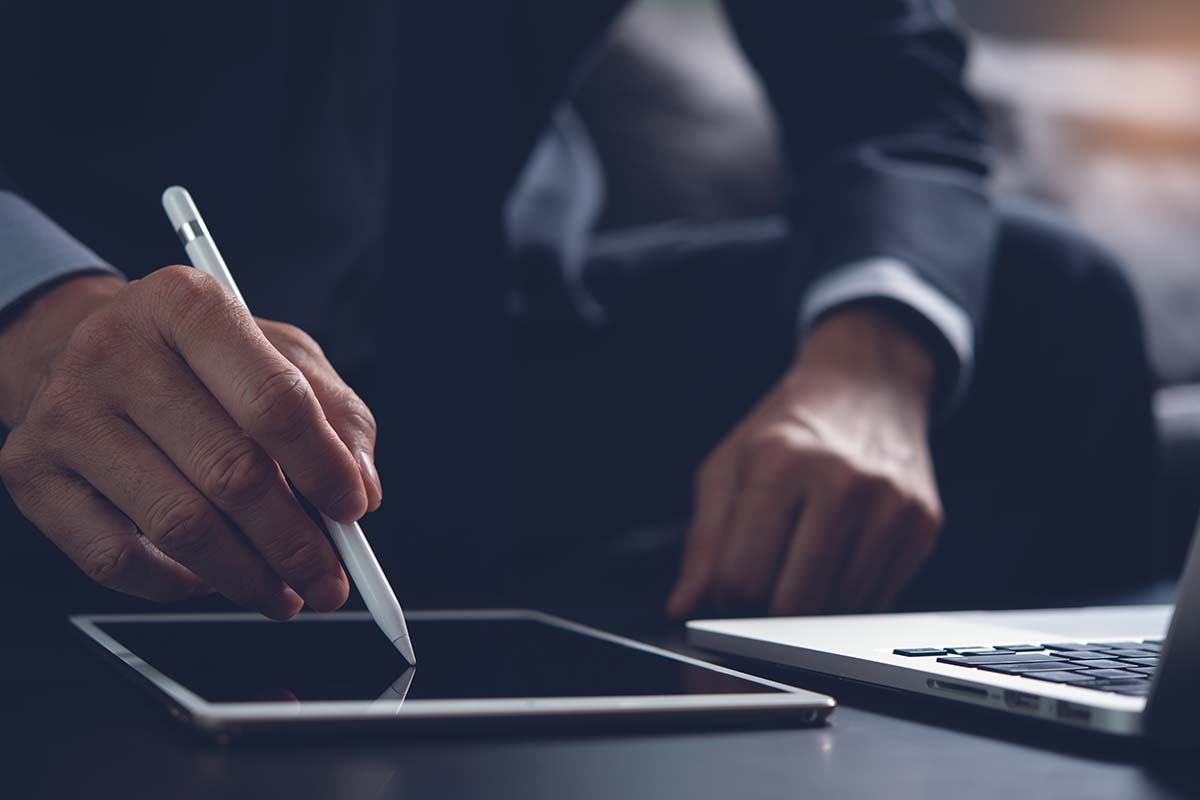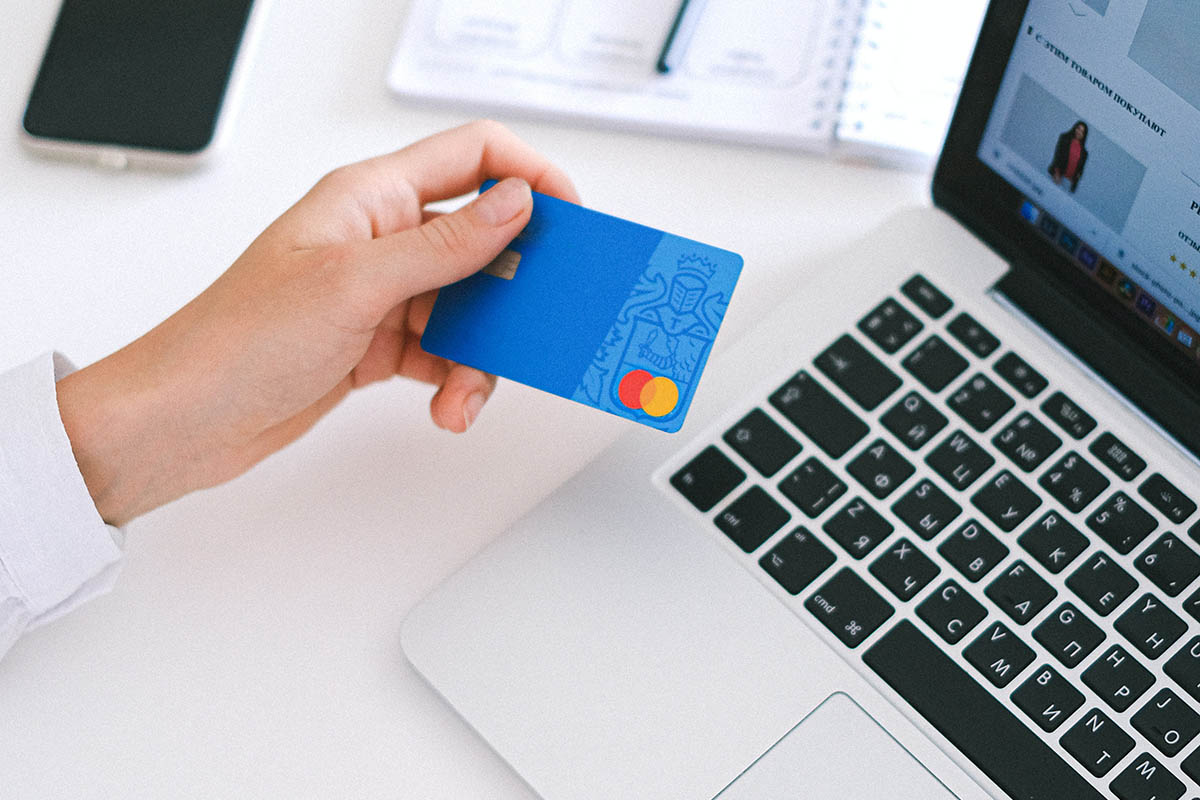Steps to Ensure Financial Documents for Freelancers Remain Secure
In the past, freelancers were not always required to provide safety measures for financial transactions. However, in this day and age of scams on the rise, freelancers must take steps to ensure safety.
As a freelancer, safety is paramount. You want to ensure your financial documents are protected from hackers or other nefarious people who might try to steal them for identity theft or worse. Hackers know that freelancers have these crucial documents, and they target you as an easy mark because they assume you don’t take safety precautions. These safety measures involve basic precautions like passwords and more advanced steps such as generating a safety report on your keylogging history.
Here Are A Few Safety Measures To Implement
- Keep Track of Passwords and PINs;
- Use a Password Manager;
- Use Multiple Forms of Verification When Possible;
- Enable Two Factor Authentication for Sensitive Accounts;
- Create Unique and Strong Passwords;
- Encrypt All Financial Documents.
Keep Passwords, and PINs Secure in Offline Accounts
For safety measures that can be taken offline, you should have an encrypted computer at home. If not with encryption software, the documents should also be stored on a secure external hard drive and password-protected to prevent unauthorized access.
Use a Password Manager
As mentioned before, it is essential to use safety measures when it comes to passwords. This includes using password managers such as LastPass or KeePass, which help you create secure and unique complex passwords for every account that can be remembered through the app on your phone.
Generate Reports of KeyLogging Activity
If your computer has been infected with keylogging software, it is vital to generate safety reports on this activity. This will help you and law enforcement identify the culprit if they try to reaccess your accounts down the line.
Use Two-Factor Authentication
If possible, use two-factor authentication for sensitive logins such as online banking or any other account accessed remotely. This safety measure requires a second form of identification to log in, such as your phone number or even sending an email that contains a code, which will help you avoid unauthorized access and account hacking if your computer is ever compromised by malware.
Create Unique and Strong Passwords
For safety measures that can be taken offline, you should have an encrypted computer at home. The documents should also be stored on a secure external hard drive and password-protected to prevent unauthorized access if not with encryption software.
Encrypt All Financial Documents
Always use an encrypted email service, such as an online signature, to send financial transactions documents. Update financial transactions documents regularly and ensure that the most current information is always saved in these documents.
Be aware of how long financial data should be stored for – financial institutions will often give individuals a time frame or more extended period within which they are expected to save their financial documentation.
Ensure financial transactions documents are not shared with third parties who do not have permission to access them. Third-party data breaches can lead to financial fraud, so never give out financial information unless authorized by the person in question or from a secure delivery service such as registered mail.




















